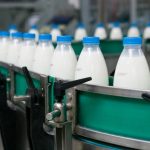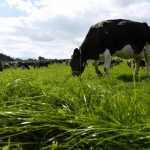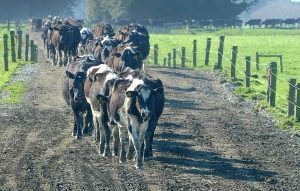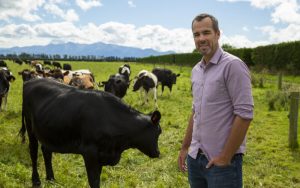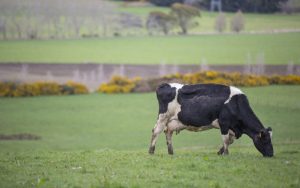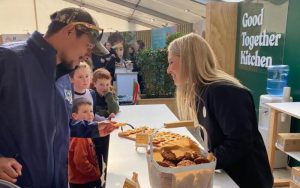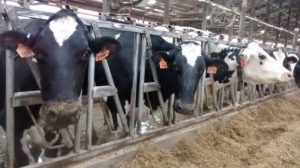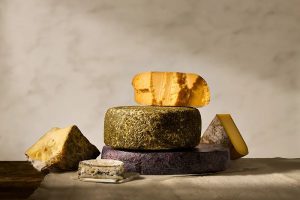
He says over the past three years, there’s been an increase in farmers, in their 60s and 70s, looking at other options.
Journeaux, AgFirst Waikato, spoke at a Smaller Milk and Supply Herds (SMASH) seminar in Te Aroha last week. Attended by about 50 farmers, the event went ahead despite the coronavirus outbreak.
Journeaux told Rural News that he was getting on average one enquiry a week over the past three years.
“Now this doesn’t sound much but there’s been an increase,” he says.
“We are getting reasonable amount of inquiry particularly from older dairy farmers with small dairy farms: they are looking at the option of what do I do next.”
Journeaux says there’s a range of reasons for farmers thinking of quitting dairying. Some are thinking retirement, but proposed environmental regulations are one of the main drivers.
“They are getting sick of all the pressure coming on the dairy industry, particularly on the environmental side.
“And they are thinking, before I spend lot of money to deal with this I need get out.”
Horticulture is attracting a lot of interest among these famers, but options are wide ranging: recently two farmers advised by Journeaux converted into chicken farming.
The dairy sector is expecting a milk payout of around $7.30/kgMS this season: a competitive payout by industry standards.
But Journeaux says dairy farmers suffered “a helluva fright” in 2015 when the payout slumped to $3.90/kgMS.
“It has certainly improved from that but our monitoring says the average dairy farmer needs 6 bucks to break, even 7 bucks if they can pay off the principle debt.
“We are in that range but these farmers are thinking I’m not seeing myself getting ahead that much at 70 so I am out.”
At AgFirst they run through options for farmers looking to get out of dairying: doing financial, risk and environmental analysis for them. The final decision rests with the farmer.
Journeaux told the SMASH seminar that farmers must do their homework before choosing their new venture.
He says it is very important to know the value chain the farmer is getting into.
Like the dairy industry, horticulture, pipfruit, kiwifruit sectors have strong value chain and extension service.
“But if you choose something like nut crops, they have a pretty weak value chain: if you do those sorts of things, you will end up with the task of creating the entire value chain.”

